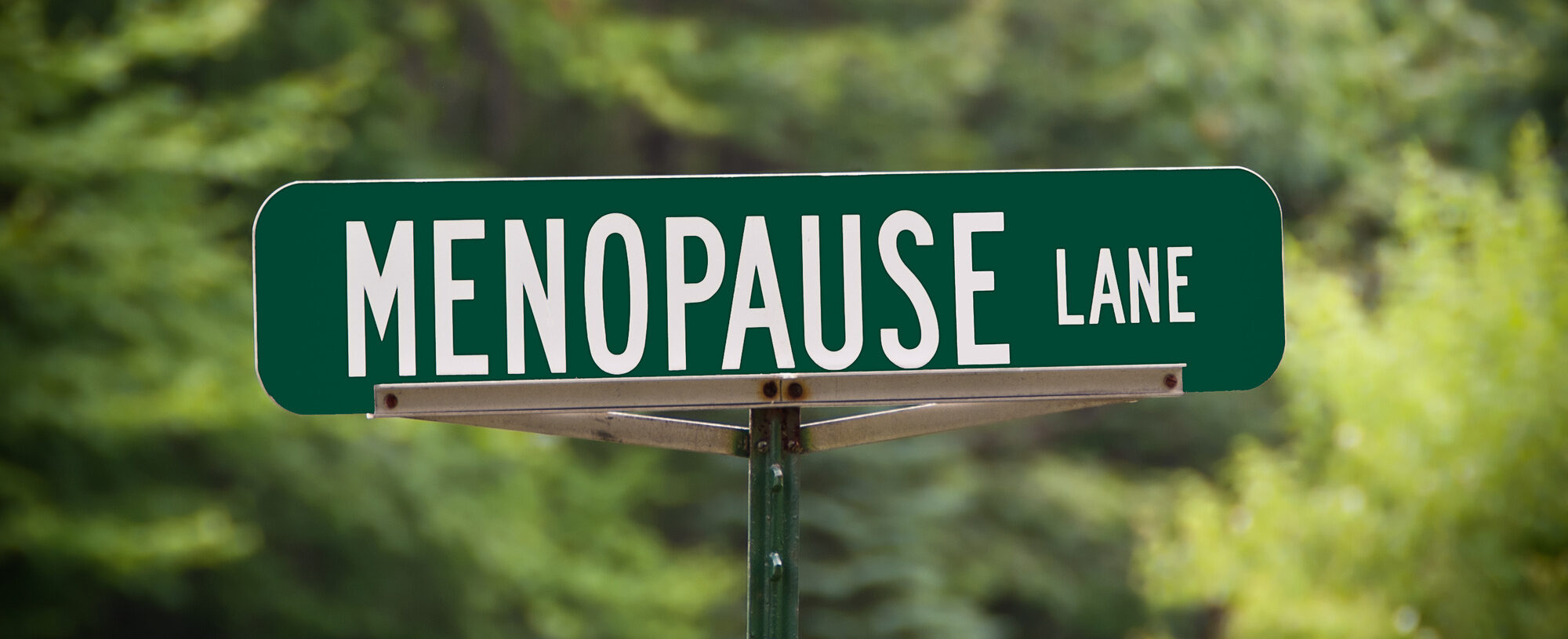Men Menopause: Aging-Related Hormone Changes in Men

Maybe there’s a reason the word “men” is in “menopause.”
Hear us out: men menopause. This phenomenon does not happen to all men, but age-related hormone changes are clinically significant for 20% of men over 60 years old.
As men age, they may experience “andropause,” or biochemical testosterone deficiency. The older you are, the more likely this deficiency will be a prevalent concern. As a result, older men may experience a lack of energy, loss of libido, frailty, and reduced change.
To ameliorate these symptoms, patients may consider testosterone replacement or bioidentical hormone replacement therapy.
Keep reading to learn whether these treatments may be right for you.
What is Andropause?
“Andropause” may refer to any of the following:
- Testosterone deficiency
- Androgen deficiency
- Late-onset hypogonadism
These deficiencies may cause a cluster of symptoms in males that decrease their quality of life. You have andropause if you are experiencing:
- Low libido
- Decreased spontaneous erections
- Infertility
- Height loss
- Hot flushes
- Erectile dysfunction
These are either caused by or associated with a drop in testosterone production in males 50 years or older. Their prevalence increases with age.
Testosterone Deficiency and Its Effects
Low testosterone is referred to as male hypogonadism.
The testes produce insufficient levels of testosterone or the male sex hormone.
This hormone is responsible for maintaining and regulating:
- Sexual dimorphism
- Lean muscle mass
- Bone density
- Well-being and mood
- Sexual function
Adequate testosterone levels are essential for men who want to look and feel their best.
Causes of Andropause
It’s difficult to tell what may cause andropause because testosterone levels vary depending on a man’s body mass index (BMI), nutrition, and medical history.
However, research has definitively shown that as men age past 30, they experience about a 1% drop in testosterone per year.
Drops in testosterone are also associated with:
- Metabolic disorders
- Medications
- Alcohol abuse
- Kidney failure
- Inflammatory conditions
- Obesity
- Obstructive sleep apnea
If you are experiencing any of the above, be sure to get your testosterone levels checked as well. Many men who experience low testosterone have no overt symptoms, but treating the condition may greatly improve their quality of life.
Therapy
For men who want to improve their sexual function, the American College of Physicians recommends testosterone treatment.
This treatment is available as testosterone replacement and bioidentical hormone replacement therapy.
One option for men is gonadorelin acetate supplementation. This artificial hormone can prevent testes shrinkage in men, and it is associated with increased libido and sperm levels.
The type of hormone you supplement depends on the symptoms you are experiencing. If you are suffering from muscle shrinkage and weakness, you could consider something like ipamorelin, which stimulates the production of human growth hormone.
Andropause: Address Men Menopause With a Specialist Today
If you believe you may be experiencing declining testosterone levels with age and its associated symptoms, know that there are many treatment options.
Men menopause is a serious clinical issue for some patients, and as we learn more about hormones and their role in the human body, we will be better equipped to treat many health issues associated with aging.
Want to know more? Request a consultation with us today to learn more about therapeutic options.

